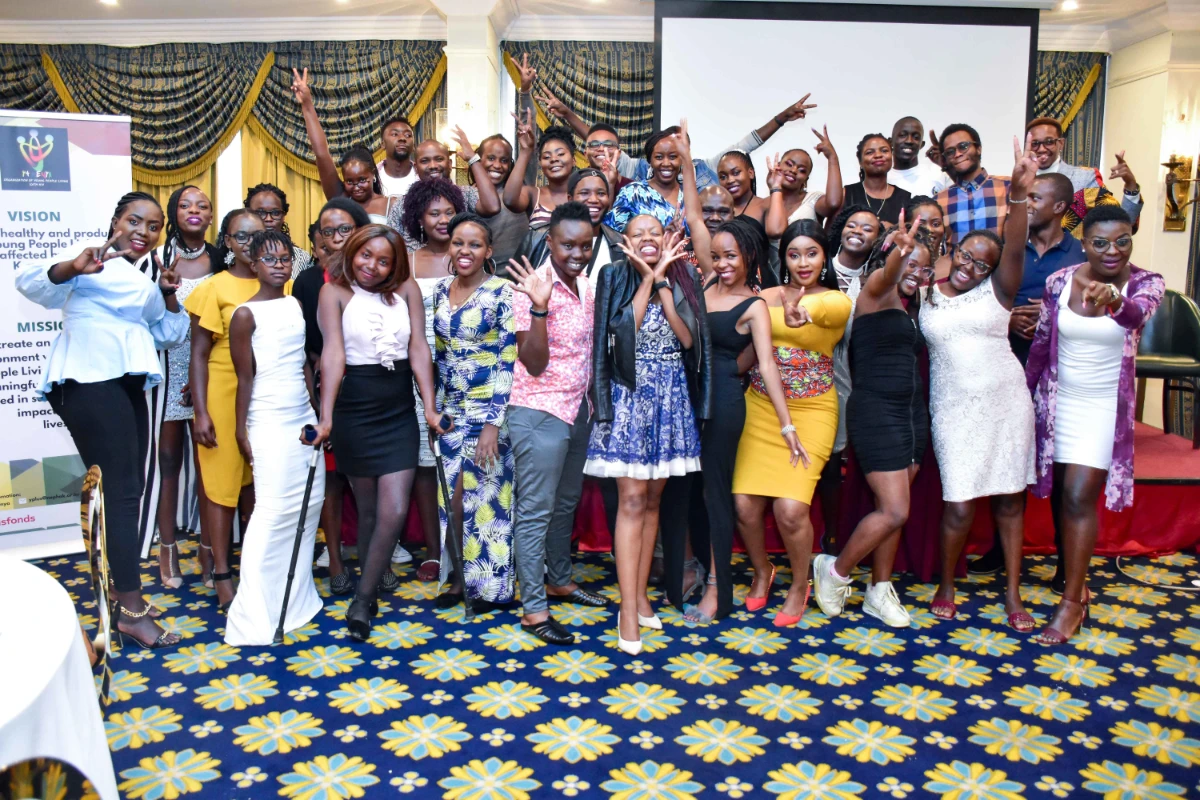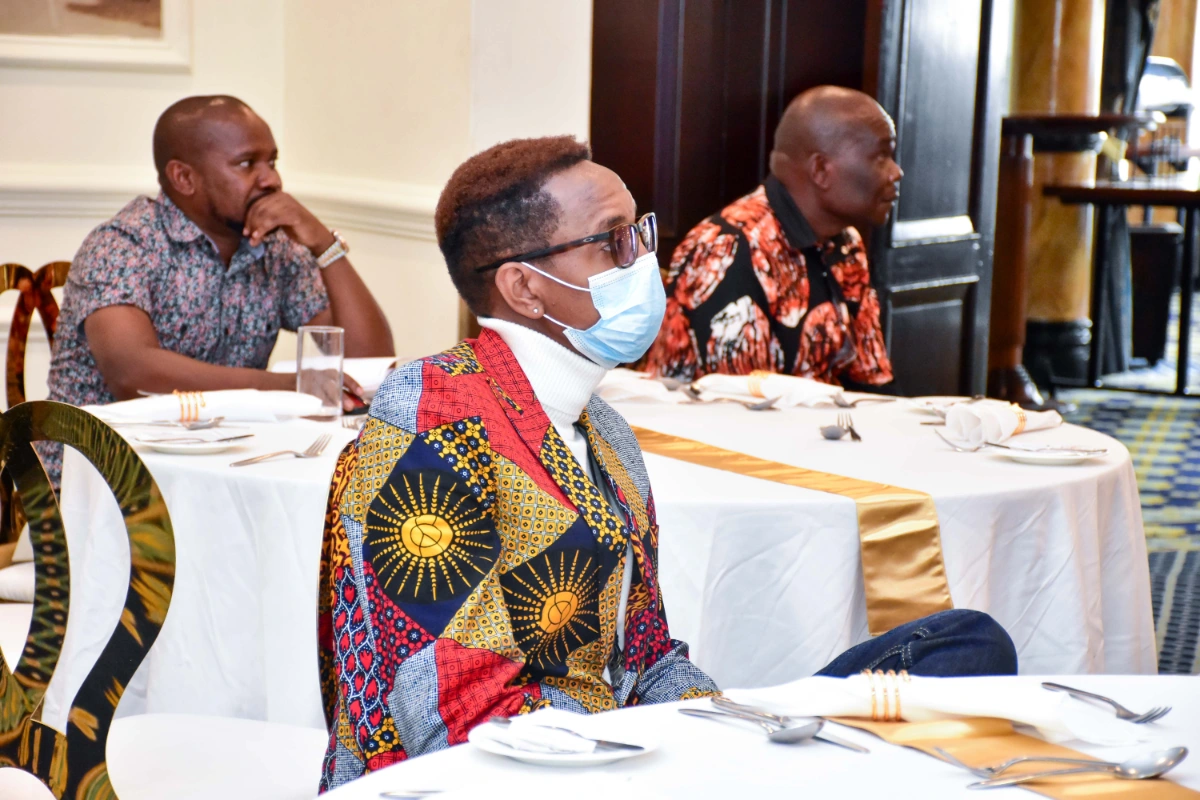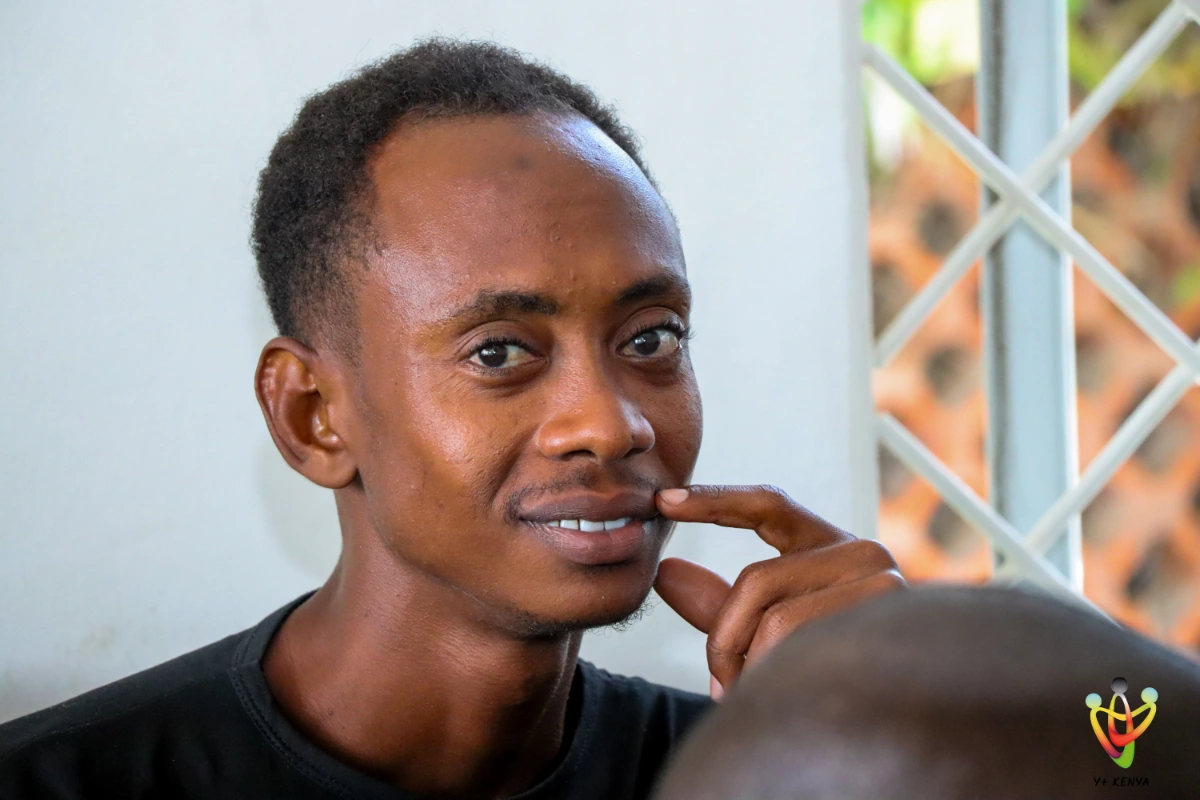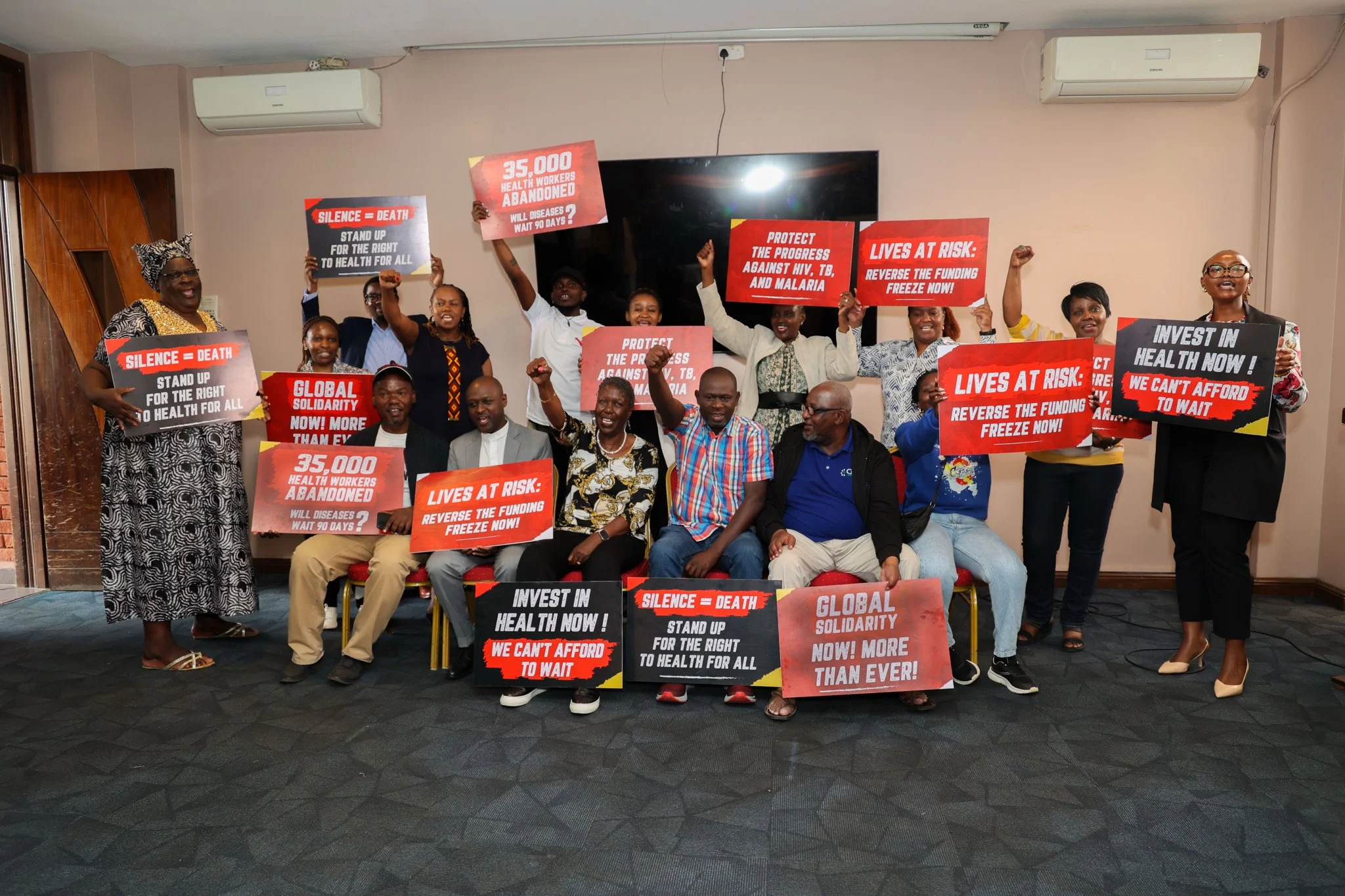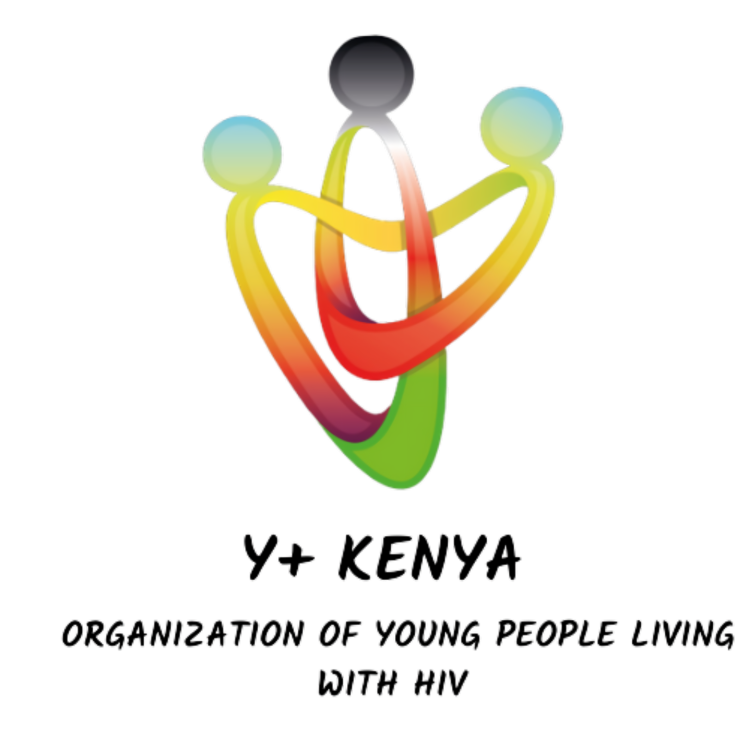In Vihiga County, tuberculosis is no longer just a disease. It is a legacy passed down through generations. In some homes, it is an echo of a past illness. In many others, it is an active threat.
In one household we recently visited, four family members had been infected, starting with the uncle, then the father, followed by a four-year-old child. But nothing could prepare us for the final blow: an 8-week-old baby girl, diagnosed with multi-drug resistant tuberculosis (MDR-TB).
Her chest X-ray told the rest of the story.
“The right lung has been eaten up by TB,” the doctor said quietly.
“Being a neonate, the chance of survival exists—but it’s painfully slim.”
The management of Baby Agnes took an entire week not because of complexity, but because Vihiga County lacked the basic diagnostic resources to confirm her diagnosis. Her samples had to be transported all the way to the National Tb program in Nairobi, delaying life-saving treatment during the most critical days of her young life.
The image of her tiny body, barely developed, struggling for air remains etched in my mind. Her X-ray revealed what no infant should ever face: her right lung had been destroyed by TB. The doctors gave her a chance of survival but even that came with uncertainty.
How does a baby this young contract drug-resistant TB? The answer is simple and infuriating: a system that failed at every step.
There was no contact tracing after the uncle or father’s diagnosis. The four-year-old’s case was treated in isolation, not as a red flag. The mother was never screened during antenatal visits. The baby, when finally seen, was brought in far too late.
This is not just a tragic story. It is a mirror of structural failure, poor health integration, and neglect
TB Is Not Just a Health Crisis—It Is a Development Emergency
Vihiga County stands out for more than its TB statistics. It is home to informal gold mining operations, where young men labor daily in dusty, unregulated tunnels perfect conditions for TB to thrive. It is also dotted with chang’aa brewing dens, where the poor gather not just to drink, but to cope with stress and find emotional relief. In these poorly ventilated spaces, TB transmission is virtually guaranteed.
Even after treatment, many return to these same spaces. Not because they want to, but because they have no choice.
Kenya’s TB Burden Demands Interventions.
Kenya remains among the top 30 high TB burden countries globally, with:
-
133,000 new TB infections in 2024, including 10,000 children
-
Over 3,000 cases of MDR-TB are costly, difficult, and dangerous
-
Dozens of under-resourced counties like Vihiga, left to manage an epidemic with piecemeal support
These figures are not statistics. They are funerals, orphans, and infants fighting for air.
Y+KENYA CEO Brenda Bakobye and Utu Bora Team Lead Domitilah Anyango during a coordination meeting at Kaptechi Health Center, Vihiga County.
What Government Must Do Now
-
Fund TB Champions adequately to trace contacts, educate families, and prevent household transmission.
-
Integrate TB screening into maternal and child health services, especially in counties with high TB burdens.
-
Regulate and engage gold mining and informal alcohol spaces as part of a broader public health strategy.
-
Invest in pediatric TB diagnostics and nutrition support—because the youngest victims are the least visible.
We cannot keep responding to TB with half-measures and donor dependency. We need domestic ownership, political prioritization, and a moral reckoning.
What Donors Must Remember
Yes, Y+ Kenya, in partnership with Utu Bora, is on the ground, supporting community outreach, raising awareness, and helping survivors stay on treatment. But we are plugging holes in a sinking ship.
We call on donors to:
-
Prioritize targeted funding for counties like Vihiga
-
Support innovative community-led models that work with not just around informal economies
-
Fund pediatric TB support programs, from diagnostics to psychosocial care
A Child’s Breath Should Never Be a Policy Footnote
This baby’s lungs did not fail her. We did.
And unless something changes, she won’t be the last.





